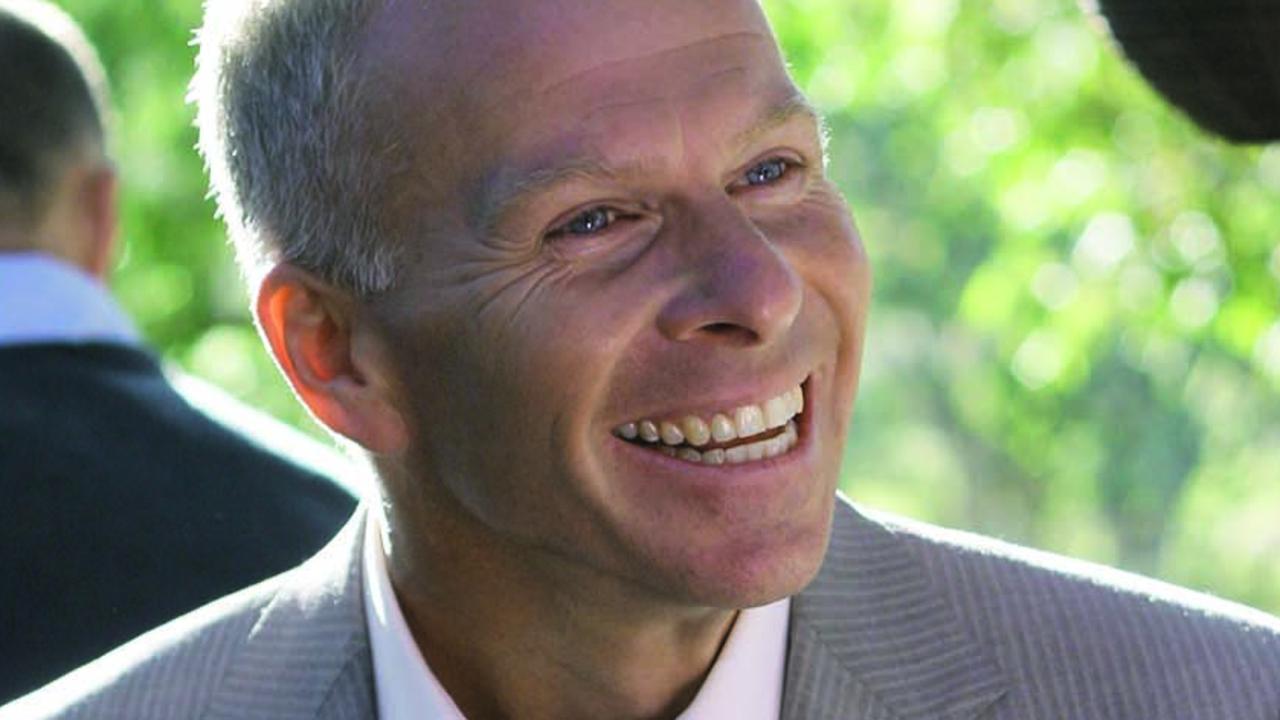Indonesian soldier denies role in Balibo
ONE of those said to be involved in killing the Balibo Five has given his first interview.
THE Indonesian soldier alleged to have stabbed Australian journalists to death at Balibo has denied any involvement in the 1975 killings and intends to move back to East Timor, where his daughter works for the government.
Speaking in his first interview from his West Timor home, Christoforus da Silva confirmed he had taken part in the Balibo fighting in October 1975, but said: "I only found out the journalists were there after the fighting was over."
Australian-based newsmen Brian Peters, Gary Cunningham, Malcolm Rennie, Gregory Shackleton and Anthony Stewart were believed murdered on October 16, 1975, and their bodies burned after they filmed an attack on Balibo by Indonesian soldiers.
A NSW coroner's inquest into Peters's death found da Silva had stabbed or shot him to prevent the revelation that Indonesian special forces attacked Balibo, rather than East Timorese irregulars.
But Mr da Silva said last week he was not even aware he had been accused of the killing. "Oh no, no, this is untrue," he said when told over the phone through a translator of the coroner's finding.
"We came across the border and got to Balibo about 5.30am. We fought for about an hour until 6.30, and then we occupied Balibo.
"I never saw any white people. We only heard there were five journalists in the town when someone from Jakarta contacted us after the fighting to tell us.
"We stayed there for about two weeks and then handed over to the military."
The Australian Federal Police last August launched a war crimes investigation into the deaths following coroner Dorelle Pinch's findings. The AFP declined to comment on the investigation.
One alleged witness quoted by Ms Pinch, East Timorese Olandino Guterres, who took part in the attack, said he saw Mr da Silva force out one of the journalists from the room where he was hiding by threatening to toss in a grenade. Mr Guterres said a white man with reddish hair emerged through the doorway with his hands in the air, repeating the words: "I'm a tourist, sorry."
"He then observed `Chris' remove a dagger from his belt and stab the man in the left side of his back near the shoulder blade. The wounded man fell in the corridor just in front of the bathroom. Chris removed his dagger and ordered several Timorese to remove him," noted Ms Pinch.
Greig Cunningham, brother of murdered Seven Network cameraman Gary, said yesterday Mr da Silva's denials were disappointing but expected.
"He's been denying it all his life," he said. "However, I find it amazing he doesn't know what was going on with the inquest."
Mr da Silva is in his 60s, and according to friends is living in a small house in the West Timorese provincial capital of Kupang. He says he suffered a stroke last year and is not well. He has several daughters, one named Antonia who lives in the East Timorese capital, Dili, and works for a government department.
Relatives said Mr da Silva was still an East Timorese citizen and hoped to move back when his youngest daughter finished her studies in Indonesia next year.
Efforts to confirm the claims with Mr da Silva were unsuccessful as he declined to take any more calls from The Australian.
Mr Cunningham said he was surprised Mr da Silva had wanted to return to East Timor. "The Timorese are pretty forgiving, but as (President Jose) Ramos Horta said, the exception is these journalists," he said.
Journalist Jill Jolliffe, whose book on the killings was made into the successful film Balibo, has interviewed many East Timorese who knew Mr da Silva.
"I would say he speaks knowingly when he denies his participation. He would be extremely conscious of the affair. He's aware the indictment has been recommended," said Jolliffe, who was threatened by armed men when she travelled to Kupang to investigate him in 2003.
She said local Timorese who joined the Indonesians during the occupation "described him to me as a particularly cruel person".
After the invasion, Mr da Silva spent many years living in Baucau, about 130km east of Dili, and married an East Timorese woman from Suai, near the Indonesian border. She died in the 1990s leaving him to raise his daughters.
This week neighbours in the district spoke positively about Mr da Silva and his family.
"He was a very strong man and very fit and he liked sports. He liked to train all the boys in boxing and he would play football," said retired official Francisco Varela, whose daughter became close to one of Mr da Silva's daughters.
Efforts to contact the East Timorese government yesterday were unsuccessful.


